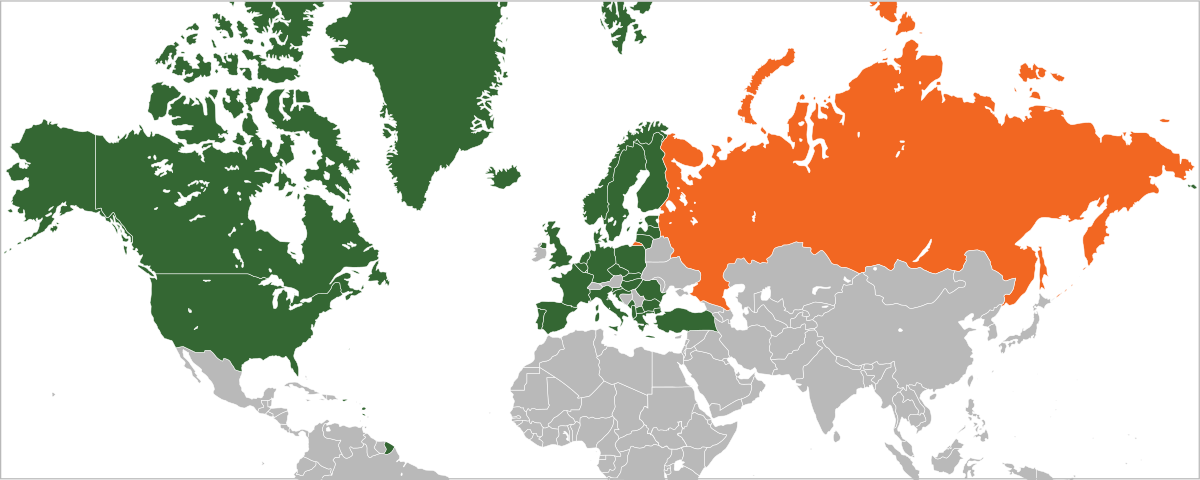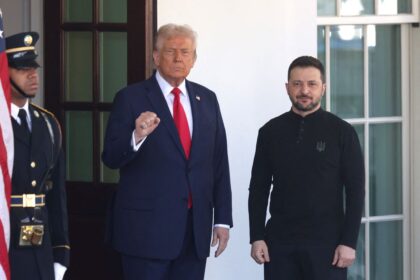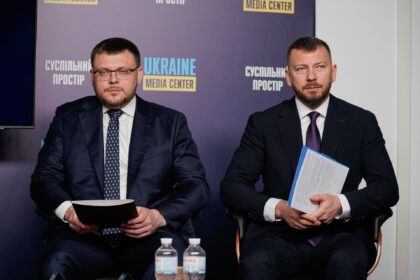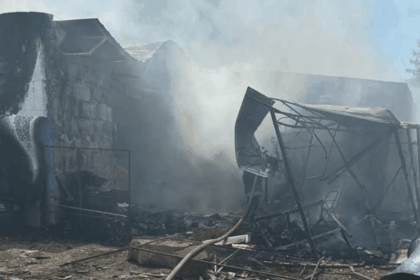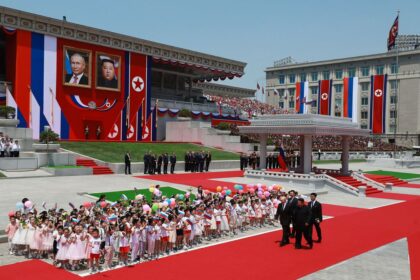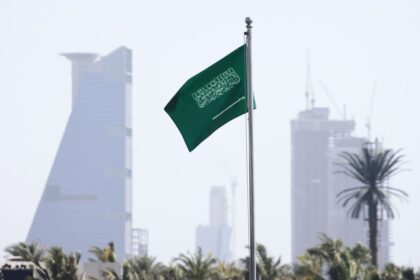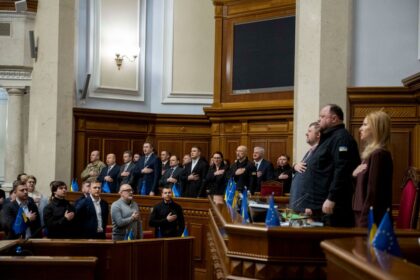**Russia Preparing to Exit Arms Control Treaties, Blaming West for Aggression**
Russian officials are laying the groundwork to exit international arms control agreements, citing Western aggression as a reason. However, this move comes despite Russia’s own history of violating these treaties, dating back to 2019.
According to Deputy Foreign Minister Sergei Ryabkov, Russia’s “unilateral moratorium” on deploying land-based missiles banned under the Intermediate-Range Nuclear Forces Treaty is nearing its end. This statement suggests that Moscow may soon openly deploy such weapons systems. Ryabkov claimed that the US and Western allies failed to appreciate or reciprocate Russia’s “restraint” following America’s 2019 withdrawal from the INF Treaty.
However, this assertion contradicts established facts. The United States suspended INF Treaty participation on February 1, 2019, due to Russia’s development, testing, and deployment of intermediate-range missiles in violation of treaty terms. Russia responded by suspending its own participation on February 2, 2019.
**Russia’s PR Campaign**
This move is part of the Kremlin’s broader campaign to portray itself as committed to de-escalation while characterizing NATO and Western nations as threats to Russian security. According to analysis from the Institute for the Study of War (ISW), Moscow may exploit the ongoing Ukraine war to justify renouncing participation in additional international arms control frameworks.
This would eliminate key constraints on weapons development and deployment that have helped maintain strategic stability since the Cold War era. The ISW assessment indicates that Russia is preparing for expanded confrontation with Western powers, including NATO.
**Rejection from NATO**
NATO’s chief has rejected claims of an urgent danger from Russia, stating that Moscow is preoccupied with its war in Ukraine. Finland’s president concurred with this assessment. These comments suggest that the West remains skeptical about Russia’s intentions and is not buying into Moscow’s PR campaign.
As tensions between Russia and the West continue to rise, it is essential for policymakers to understand the implications of Russia’s potential exit from arms control treaties. This move would have far-reaching consequences for global security, making it crucial for leaders to take a proactive approach in addressing these challenges.
**What’s Next?**
The EU must prepare for the worst-case scenario and strengthen its defense capabilities in response to Russia’s growing military aggression. The international community should also consider strengthening arms control mechanisms to prevent further destabilization. By working together, we can mitigate the risks associated with Russia’s potential exit from arms control treaties.
Read More @ euromaidanpress.com




